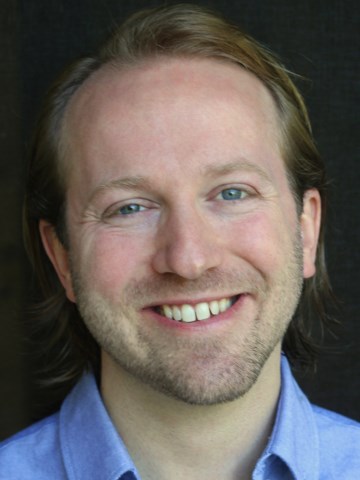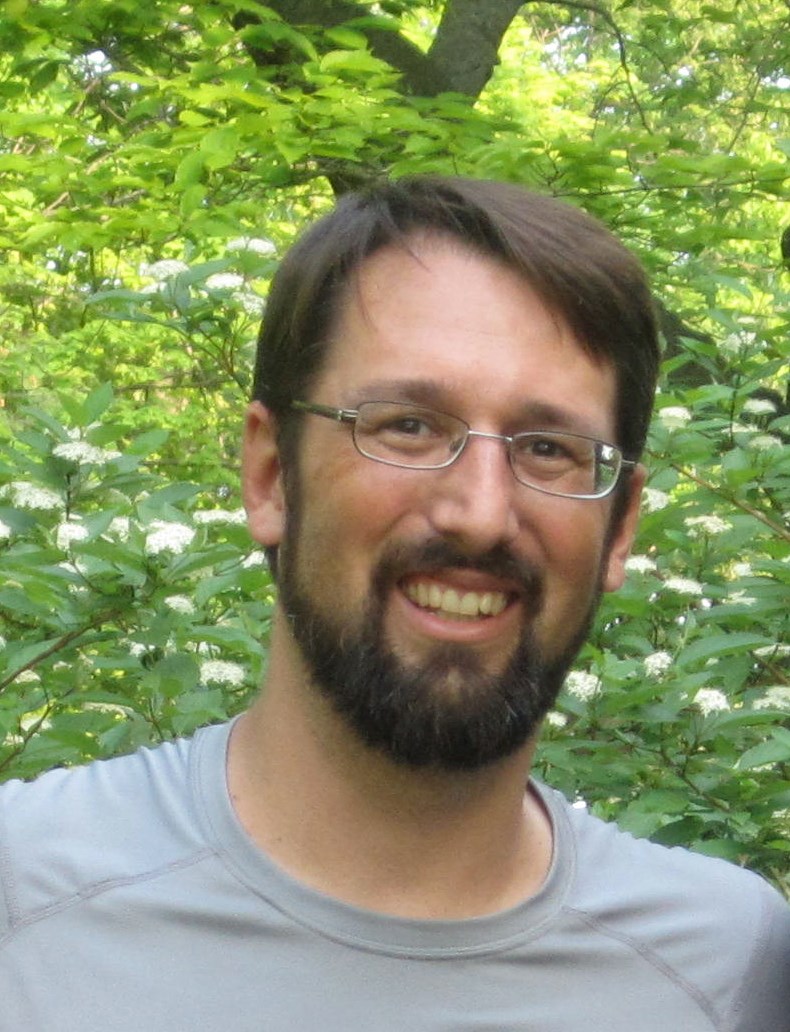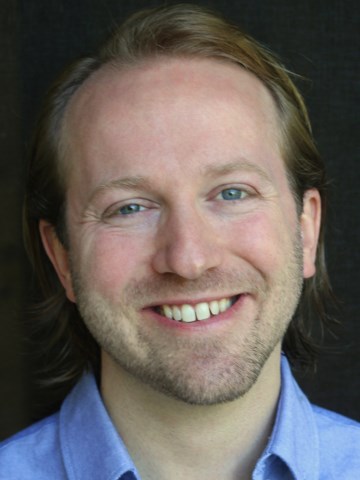 Nate Frederick grew up in a mostly nonreligious household in small-town Massachusetts, but from a young age he recalls being interested in life’s biggest questions. Who are we? Where do we come from? Is God real?
Nate Frederick grew up in a mostly nonreligious household in small-town Massachusetts, but from a young age he recalls being interested in life’s biggest questions. Who are we? Where do we come from? Is God real?
Which is why he studied perennial philosophy at college—a field that believes all religious traditions, at their core, have grown from a single metaphysical truth or origin. He became fascinated by ethics, the search for universal truth, and common experiences people have through different spiritual practices.
Nate now works as a Christian Science practitioner and lecturer, and I recently chatted with him about his upcoming presentation in Victoria, titled “Learn to Pray and Heal: A Spiritual Adventure.” He’s speaking on Saturday, November 10 at 3:00 pm at the First Church of Christ, Scientist, 1205 Pandora Avenue.
Here are a few highlights from our conversation.
Matt Jackson: While attending college you studied perennial philosophy. Could you explain what that is and why you were attracted to it?
Nate Frederick: It always seemed to me there was a deep commonality across religious experiences, and perennial philosophy looks at those commonalities to understand the universal truths they originate from. When I met people who claimed they’d had a transcendental experience, I wanted to learn about the God they’d met. This led me into a year-long thesis project studying miracle experiences.
MJ: Is that what led you to Christian Science?
NF: I was documenting people from different religious backgrounds and hearing about their “miraculous” experiences. But most only had the vaguest sense of how to reproduce them. Christian Science, however, was the only method that claimed to have a scientific way to consistently bring health and wholeness into one’s experience. And I was seeing it effect my own life in wonderful ways.
MJ: Can you give me an example?
NF: While at school, I worked for a woman who’d been a chronic invalid for fifteen to twenty years; it was a job that was helping me pay for college. I had recently read Mary Baker Eddy’s book Science and Health with Key to the Scriptures, and slowly I began to share some of its ideas with the woman. Within a few months she was back on her feet taking dance classes, art classes. A whole new lease on life. I lost my job, but this experience started me on the path to become a Christian Science practitioner.
MJ: We have a vibrant interfaith community here in Victoria. Does Christian Science extend beyond denominational boundaries?
NF: Absolutely. I’m always reminded of the Good Samaritan parable in the Bible, which takes high-standing individuals and shows them doing something wrong. Then it shows a reviled Samaritan doing something Christ-like. Jesus wasn’t interested in human labels, he pointed to the quality of people’s thoughts and actions.
MJ: I hear that in college you were involved in activism. Has that carried over into your practice of Christian Science?
NF: I think Christian Science speaks to activism on a much larger scale. We live in a world where people are in bondage to many different problems: sickness, addictions, depression, poverty. Christian Science helps to set us free. In that sense, it’s the ultimate form of activism.
MJ: As a practitioner, how do you approach the current turmoil in politics?
NF: It helps to remember that in Jesus’s time everyone talked about politicians, too, and yet Pilate and Tiberius and other important figures from that era ended up being footnotes in Jesus’s story. Likewise, it’s possible that today’s politicians will end up being footnotes in the spiritual transformation of our era.
 Matt Jackson has been fascinated by how science and religion relate to each other for as long as he can remember. He is a member of the Christian Science church in Victoria, BC, and has been a professional writer and editor for 22 years.
Matt Jackson has been fascinated by how science and religion relate to each other for as long as he can remember. He is a member of the Christian Science church in Victoria, BC, and has been a professional writer and editor for 22 years.
You can read more articles on our interfaith blog, Spiritually Speaking, HERE
* This article was published in the print edition of the Times Colonist on Saturday, October 27th 2018



